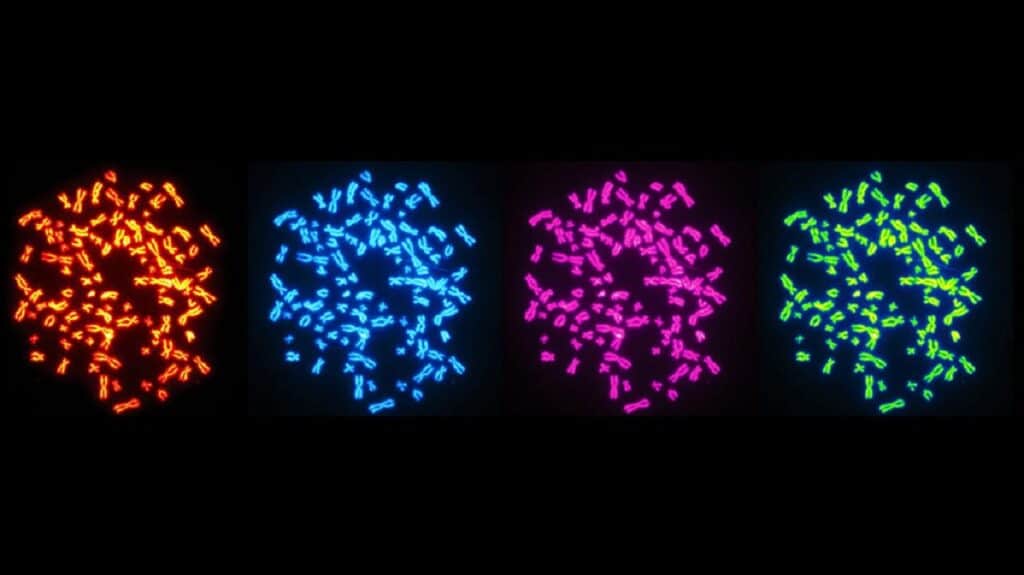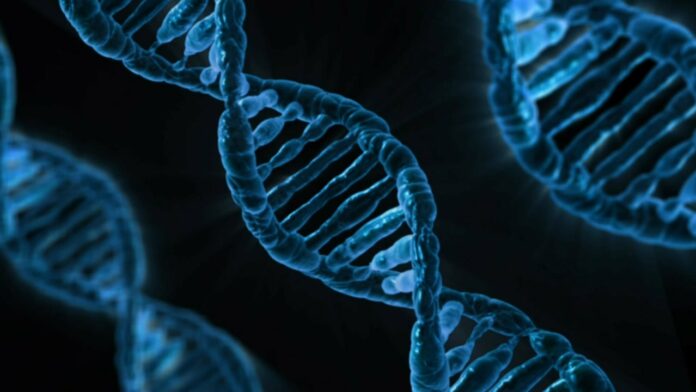Human cancers frequently experience whole-genome doubling (WGD), which promotes chromosomal instability and the development of aneuploidies.
A team of EPFL researchers led by Elisa Oricchio and Giovanni Ciriello discovered a new clue about (WGD). Whole genome doubling is a recurrent event in human cancers by which cancer can develop. WGD changes the arrangement of DNA in 3D space, activating oncogenes that promote cancer growth.
Chromatin is a complex of DNA wrapped around histone proteins that makes up chromosomes. This complex is gradually folded into a multi-layered organization composed of loops, domains, and compartments in 3D space, which we call chromosomes. Because chromatin structure is so closely linked to gene expression and cell function, any problems with chromatin structure can have serious effects, including cancer development.
“Whole genome doubling” (WGD) is a common event in approximately 30% of all human cancers, in which a cell’s entire set of chromosomes is duplicated. WGD causes genomic instability within the cell, which can result in chromosomal changes and other mutations that contribute to cancer development.

WGD causes genomic instability inside the cell, which can result in chromosomal changes and other mutations that contribute to cancer development.
Researchers discovered that WGD could affect the 3D organization of Chromatin inside the cell via a phenomenon known as “loss of chromatin segregation.”
This reduces the segregation of Chromatin’s structural elements, such as loops, domains, and compartments, upsetting the cell’s careful organization. This sets the stage for activating oncogenes, or genes contributing to cancer development.
The researchers also discovered that the effects of WGD on chromatin organization are largely independent of chromosomal changes, suggesting that WGD and chromosomal instability are complementary mechanisms that promote cancer development.
In the future, highly multiplexed single-cell molecular profiles combined with barcoding technologies and new computational approaches could help determine the role of Chromatin’s 3D structure’s disorganization in transforming a cell into a cancerous one.
Journal Reference:
- Ruxandra A. Lambuta,etal .Whole-genome doubling drives oncogenic loss of chromatin segregation. Nature. DOI: 10.1038/s41586-023-05794-2
